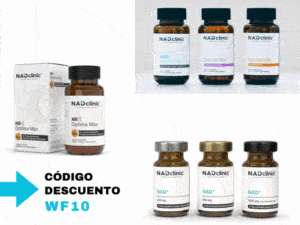Obesity is a global health problem closely linked to the excessive consumption of simple and refined sugars. Epidemiological studies have consistently shown that a diet rich in added sugars - especially through sugary drinks and ultra-processed foods - significantly increases the risk of obesity, type 2 diabetes and cardiovascular disease. Against this backdrop, an urgent need has arisen for healthier alternatives that allow the sweet taste to be enjoyed without the associated negative effects.

So-called "smart sugars", promoted by German researcher Dr. Johannes Coy, are presented as a possible solution. These are compounds such as tagatose, isomaltulose, galactose y trehalosewhich have a low glycaemic index and a more controlled impact on blood glucose and insulin compared to table sugar.
One of the strongest arguments in favour of these sugars is their metabolic behaviour. For example, the tagatose acts as a modulator of energy metabolismIt slows glucose absorption, stimulates the production of ketones (similar to a fasting state) and promotes satiety. According to studies cited by Intelligent SugarRegular consumption of tagatose could contribute to an annual weight reduction of up to 5,1 kgThis opens the door to its use as a complementary tool in weight control strategies.
In addition, some of these sugars promote gut health and improve lipid profile, helping to increase HDL cholesterol and lower triglycerides. These effects, albeit indirect, also could play a role in obesity preventionby modulating the body's inflammatory and metabolic response.
However, it is important to maintain a critical perspective. Although the available data are promising, most studies have been conducted in the past. are still in early stages or have been conducted on limited samples. Moreover, no sugar, no matter how "smart", can compensate for an unbalanced diet, lack of physical activity or general caloric excess.
On the other hand, the use of sweeteners - natural or artificial - raises some caution: recent studies warn that consumption of non-caloric sweeteners may alter appetite signals in the brain, affecting hunger control and, in some cases, increasing food cravings. Fortunately, low glycaemic index smart sugars seem to avoid this rebound effectby not causing abrupt insulin spikes or distorted neurological responses.
In conclusion, smart sugars can represent a healthier alternative to traditional sugar as part of a dietary strategy aimed at wellbeing and weight control. They are not a magic solution, but they are a useful tool when integrated into a balanced and varied diet guided by scientific criteria. The future of the fight against obesity does not depend on eliminating sweets, but on consuming them in a more balanced and varied way. smart.






